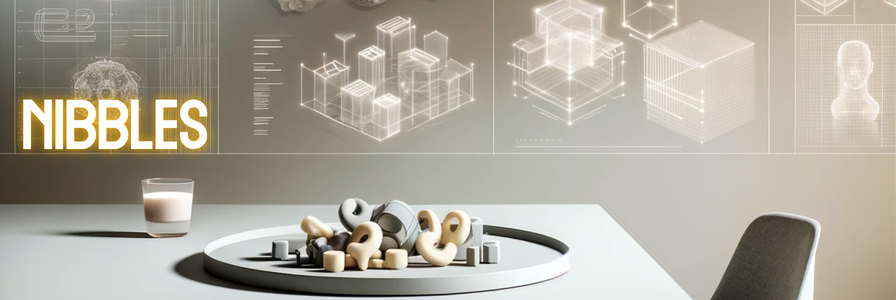Welcome back to the forefront of AI innovation. In our latest roundup, we delve into Microsoft's collaboration with Suno, setting the stage for a musical revolution within its Copilot platform. Meanwhile, OpenAI responds to governance controversies by introducing a new AI safety framework, a proactive step towards responsible AI development.
These stories not only highlight advancements but also the industry's commitment to addressing the ethical implications of AI. Dive in for a closer look at these pivotal developments.

Microsoft Teams Up with Suno to Revolutionize Music Creation in Copilot
Microsoft has partnered with the AI music startup Suno to enhance its Copilot platform, enabling users to generate unique songs from text descriptions. This collaboration allows even those without musical skills to compose music, simply by providing a style or theme.
Suno's recent update, Chirp v2, offers users improved audio quality, longer song capabilities, and multi-language support. For a more direct experience, Suno is also accessible via Discord or its web app, providing full functionality outside of the Copilot integration.

OpenAI Introduces New AI Safety Framework Amidst Governance Controversy
OpenAI, known for creating ChatGPT, has unveiled a 'Preparedness Framework' to address the potential risks of powerful AI models. This move follows recent criticism over the lab's management and concerns about the ethical development of AI. The framework includes risk 'scorecards' to monitor AI dangers, such as cyberattacks and autonomous weapons, and will be updated based on new data and feedback. It aims to be a dynamic tool for responsible AI development, contrasting with Anthropic's more prescriptive safety policy.
Anthropic, a rival AI lab, has a formal policy that halts AI model development if safety can't be ensured, while OpenAI's approach is more flexible, relying on general risk thresholds. Despite their differences, both frameworks mark progress in AI safety, highlighting the need for collaboration in the field to promote the ethical use of AI technology.


🔍 ByteDance Accused of Using OpenAI's Tech to Build Rival AI Models. ByteDance, TikTok's parent company, is reportedly violating OpenAI's terms by using its API to develop competing AI technology. Despite OpenAI's rules against this, ByteDance has been maxing out its API access for Project Seed's development. (Link)
💼 Google Settles Antitrust Case for $700M, Promises More App Store Competition. Google has agreed to a $700 million settlement over antitrust allegations, promising to enhance competition in its Play app store and compensate consumers. The settlement, pending judicial approval, follows a federal jury's support of claims against Google's app business practices. (Link)
🚀 Mistral AI's Mixtral 8x7B: A New Multilingual AI Language Model Surpasses Rivals. Mistral AI's Mixtral 8x7B language model outperforms competitors with faster inference and multilingual support. It's open-source, cost-effective, and offers a unique 'Mixture of Experts' architecture for more human-like responses. (Link)
🤖 Stability AI Launches Subscription Service for Commercial Use of AI Models. Stability AI introduces a subscription model with three tiers to standardize commercial AI use, while maintaining open-source access. The tiers include Non-Commercial (free), Professional ($20/month), and Enterprise (custom pricing), funding future AI research and development. (Link)
🔍 Google's AI Gemini Pro Faces Tough Comparison with OpenAI's Models. New research indicates Google's AI, Gemini Pro, underperforms compared to OpenAI's GPT-3.5 Turbo in various tasks. Despite this, Google claims its upcoming Gemini Ultra outperforms all current models, including GPT-4. (Link)
📘 OpenAI Releases Guide to Mastering Prompts for AI Tools Like ChatGPT. OpenAI has released a guide with six steps to improve prompt engineering for AI models like GPT-4. The guide offers tips on clarity, reference texts, breaking down tasks, patience, using external tools, and systematic testing. (Link)



